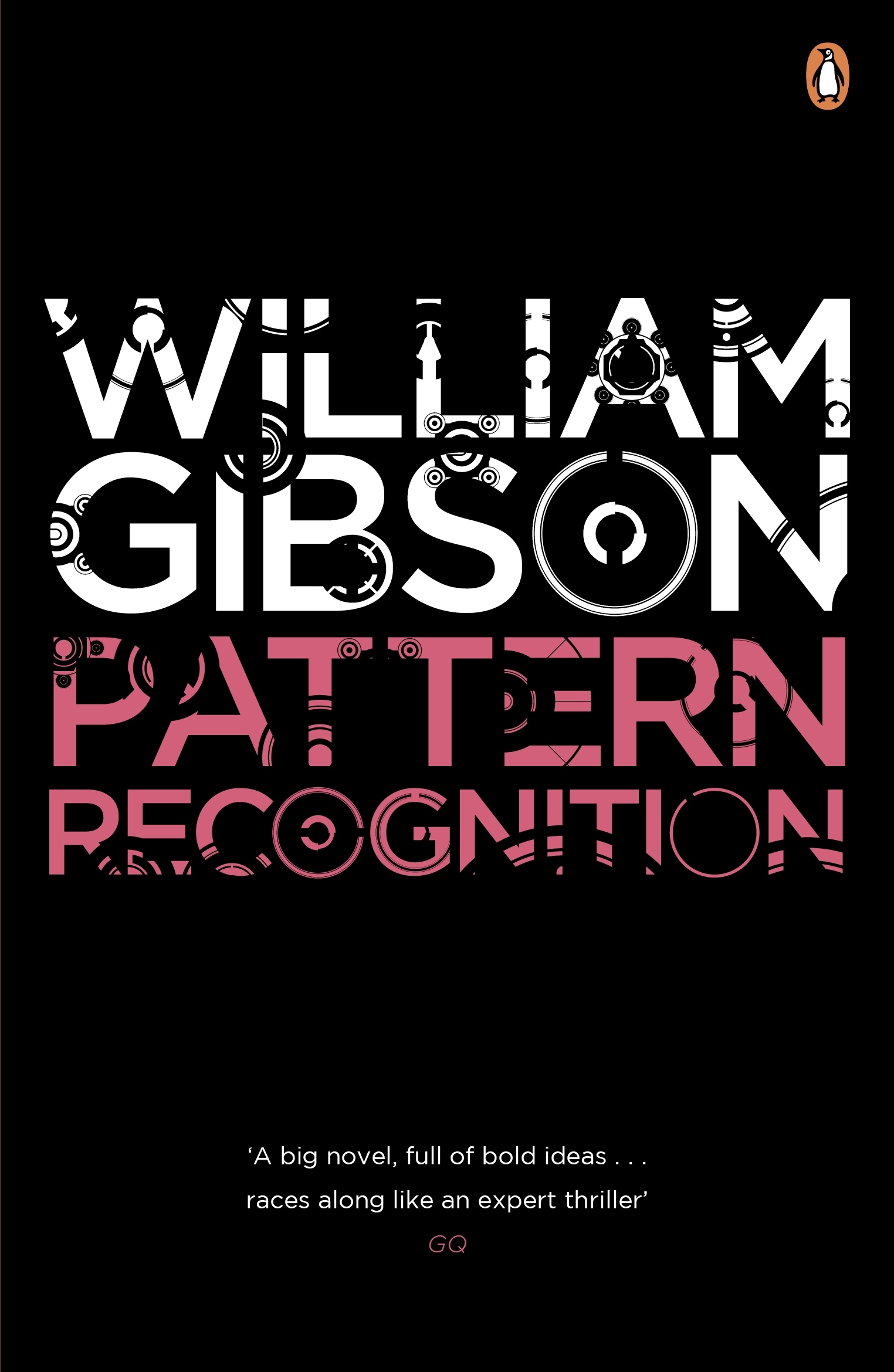I quite enjoyed Cakes and Ale by Somerset Maugham, a short, breezy story of a young man entranced by an unusual couple. So I was very interested in reading
Of Human Bondage, generally regarded as Maugham's masterpiece. The book deals with limitations, or bonds, imposed by accidents of class or wealth, but the main bondage experienced by the protagonist, Philip Carey, is his obsession with a low-class, self-absorbed and cruel waitress. Obsessions are often treated in contemporary culture as highly-charged fixations that are potentially good things, unfortunately "carried to an extreme" - but Philip Carey's obsession is incomprehensible, degrading, and pathetic. Contrasted with this main story line, Maugham very effectively captures moments of joy or beauty, although such moments are rare in this book. Also, Maugham is especially gifted at depicting ordinary events that suddenly turn deeply sad or hopeless - some of these scenes are heartrending. While living in Paris with the aspiration of becoming a painter, Philip becomes acquainted with Cronshaw, an older, successful poet and, when he had been drinking, a fascinating conversationalist:
But this evening, Philip wanted to talk about himself. Fortunately it was late already and Cronshaw's pile of saucers on the table, each indicating a drink, suggested that he was prepared to take an independent view of things in general.
"I wonder if you'd give me some advice," said Philip suddenly.
"You won't take it, will you?"
Philip shrugged his shoulders impatiently.
"I don't believe I shall ever do much good as a painter. I don't see any use in being second-rate. I'm thinking of chucking it."
"Why shouldn't you?"
Philip hesitated for an instant.
"I suppose I like the life."
A change came over Cronshaw's placid, round face. The corners of the mouth were suddenly depressed, the eyes sunk dully in their orbits; he seemed to become strangely bowed and old.
"This? he cried, looking round the cafe in which they sat. His voice really trembled a little. "If you can get out of it, do while there's time."
Philip stared at him with astonishment, but the sight of emotion always made him feel shy, and he dropped his eyes. He knew that he was looking upon the tragedy of failure. There was silence. Philip thought that Cronshaw was looking upon his own life; and perhaps he considered his youth with its bright hopes and the disappointments that wore out the the radiancy; the wretched monotony of pleasure, and the black future. Philip's eyes rested on the little pile of saucers, and he knew that Cronshaw's were on them too.
It may not exactly sound like it from this review, but I really liked this book.
 Another brilliant book by Gibson, and the first in the Blue Ant/Hubertus Bigend trilogy. The likable but neurotic protgagonist, Cayce (pronounced "Case"), is a coolhunter - a precog who uses her sensitivity to brands and logos to serve as a consultant to major franchises, helping them make branding choices based on what she senses will become trendy or not. In her spare time, Cayce and her online otaku friends obsess over "the footage" - segments of breathtaking, unearthly films scattered across the net, discovered a fragment at a time. Cayce's life changes when an exceptionally powerful employer hires her for a special consulting job, and draws her into a web of intrigue, Soviet mafia, and mystery...
Another brilliant book by Gibson, and the first in the Blue Ant/Hubertus Bigend trilogy. The likable but neurotic protgagonist, Cayce (pronounced "Case"), is a coolhunter - a precog who uses her sensitivity to brands and logos to serve as a consultant to major franchises, helping them make branding choices based on what she senses will become trendy or not. In her spare time, Cayce and her online otaku friends obsess over "the footage" - segments of breathtaking, unearthly films scattered across the net, discovered a fragment at a time. Cayce's life changes when an exceptionally powerful employer hires her for a special consulting job, and draws her into a web of intrigue, Soviet mafia, and mystery...





